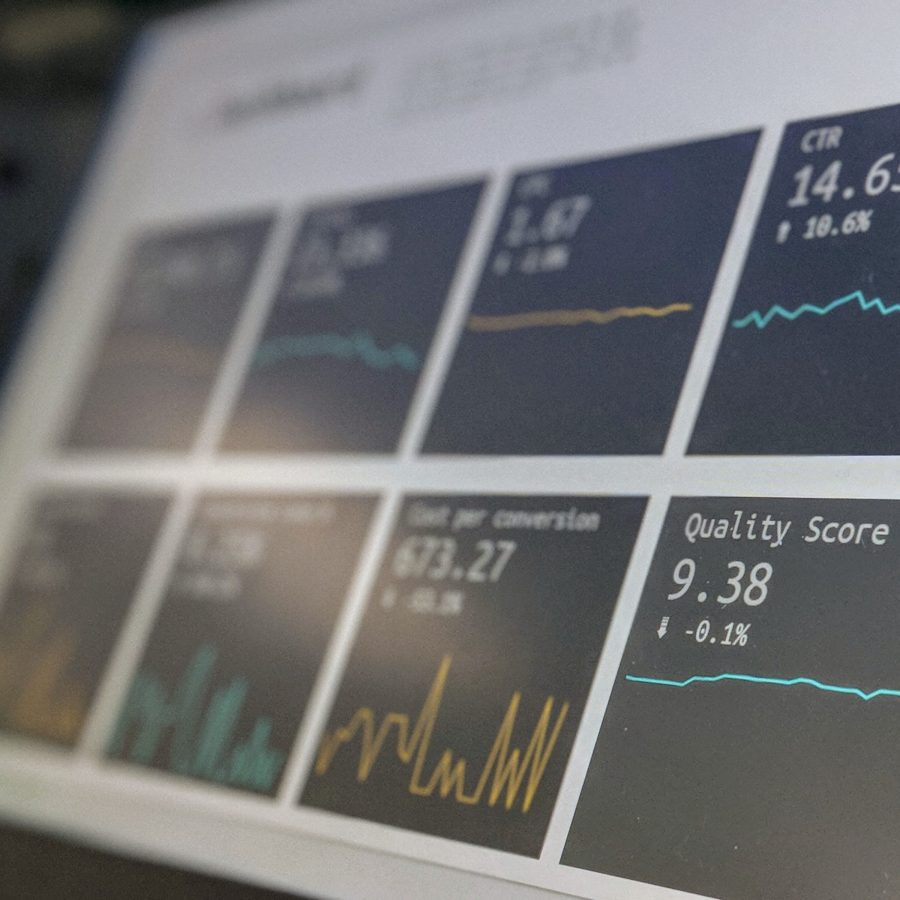My name is Leigh, and I’m a Quantitative Analyst at Bank of America Merrill Lynch. A Quantitative Analyst has a skillset that sits between mathematics, programming and finance.
It brings knowledge from these disciplines together to develop and implement mathematical models. These models solve and understand specific problems within the financial industry. This may range from the evolution of financial markets to calculating fair prices for financial products. It is a very varied role! On a normal day, I could be reading mathematical papers, programming a new algorithm or looking at data.

I found out about the role of a Quant from an online article. At this point, I was studying for an undergraduate degree in mathematics so I could get a Master’s degree and beyond. From my reading, I became interested in the real-world application of the maths I loved. During a summer internship in a technology division, I had a very supportive manager. They encouraged me to think about my career and what I wanted out of it. I told him I had an interest in becoming a Quant, and he kindly arranged for me to go and meet a Quant team within the firm. I never looked back from there!
Within the skills and requirements needed to become a Quant, the best start is a strong background in mathematics. But that does not mean you need to do a maths degree! We also hire people with degrees in physics, computer science and engineering. The vast majority of Quants have at least a master’s degree in a related field, with around half having a PhD. At an entry level, programming skills are important. It’s also important to show interest and aptitude for finance knowledge. The last important set of skills that people often forget is the “soft skills”. These are necessary to be able to communicate advanced concepts to a wide variety of people.

My favourite part of my job is how dynamic and variable it is. I can arrive in the morning thinking I will do one thing, but the urgent needs and requirements will often change over the day, and I have to adapt my thinking or view of a problem to suit the current demands. I am never bored and often find my work challenging as I search for solutions to a variety of problems. Fortunately, I work in a supportive team that collaborates well to resolve the sticky problems together!
The best piece of advice I would give to anyone pursuing a Quant role would be that the technical skills can be learned, so being the best mathematician or programmer in the world is not the be-all and end-all. Beyond the baseline needed for a Quant career, as long as you can demonstrate aptitude and enthusiasm to learn, this puts you in a great place to handle the changing demands of the role and industry.
To find out more about becoming a Quant, I would suggest undertaking online research. There, you can find career events to go to and meet a variety of people from different roles to help you learn more about the financial industry. The maths/statistics departments at Universities often have professional contacts in the industry, so it is worth using the contacts you may have access to through your lecturers to help you build connections in the financial industry.
This piece was written by Leigh Collier from Bank of America Merrill Lynch.
For more information on careers at Bank of America, please refer to campus.bankofamerica.com






